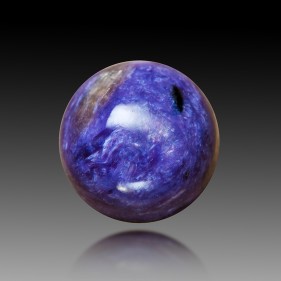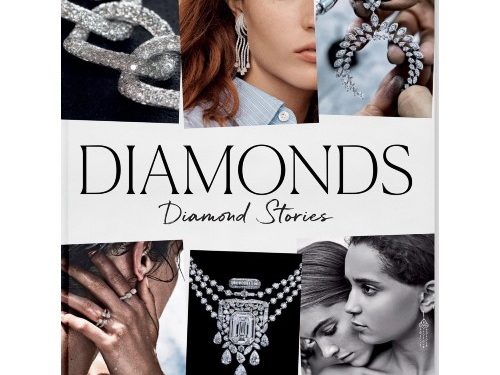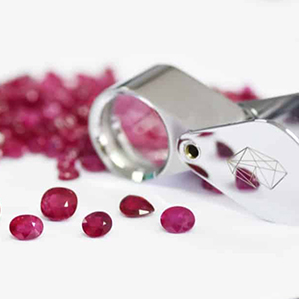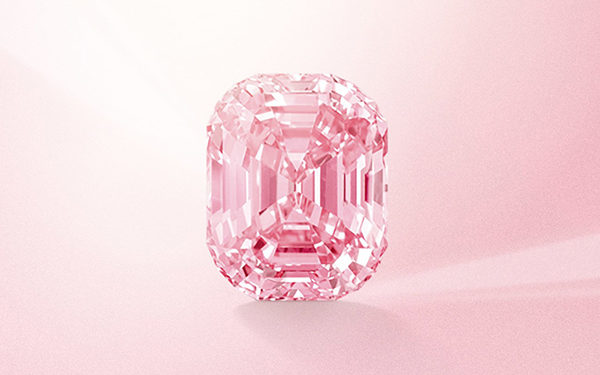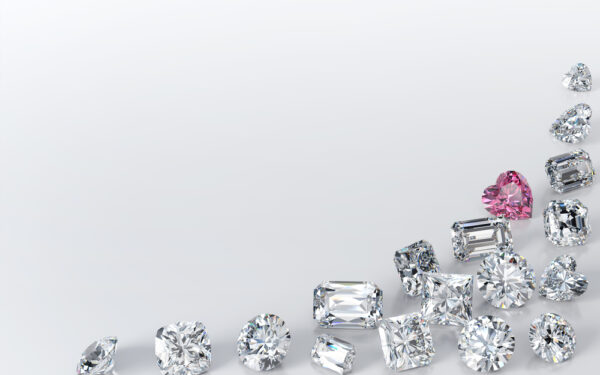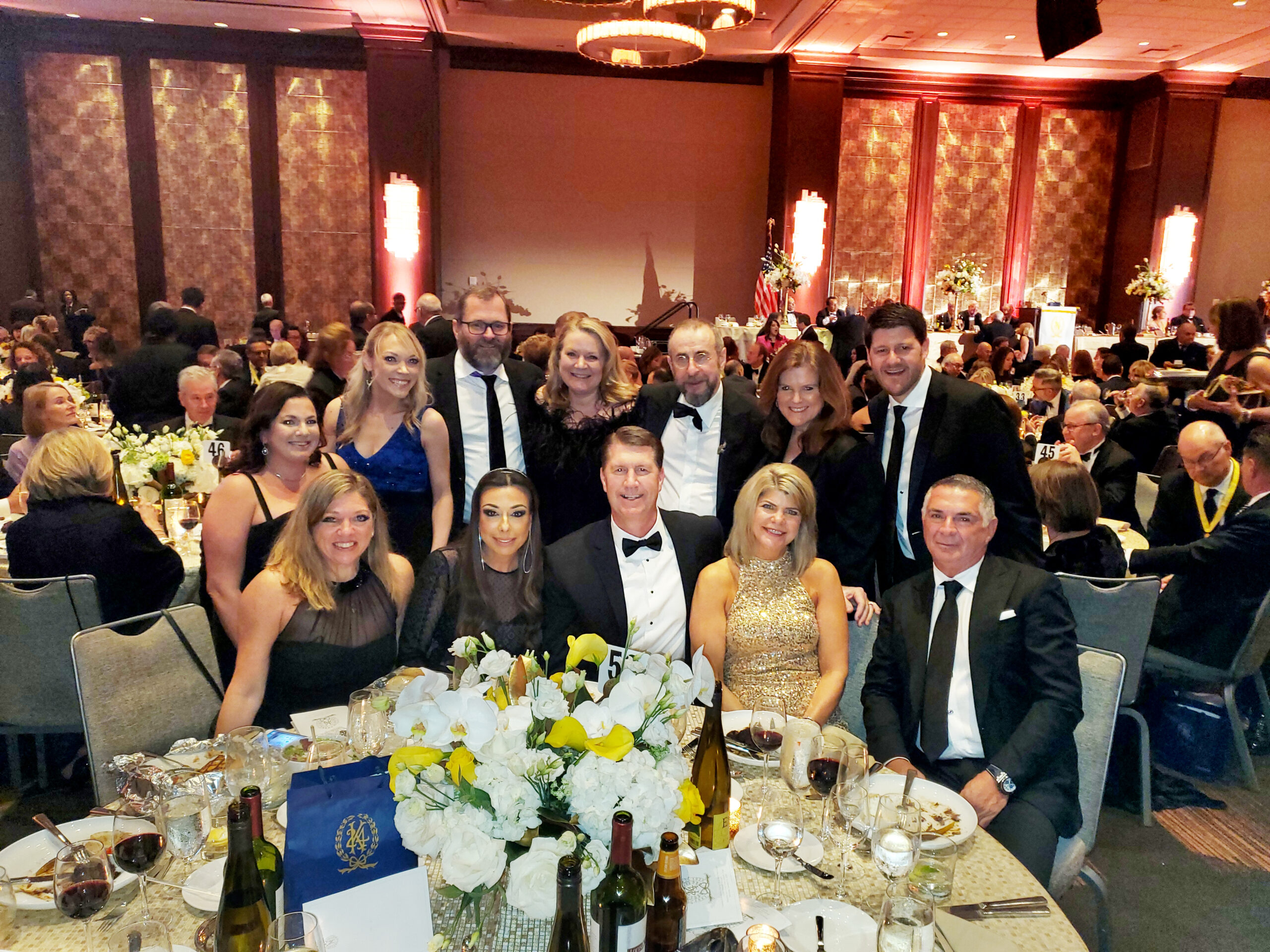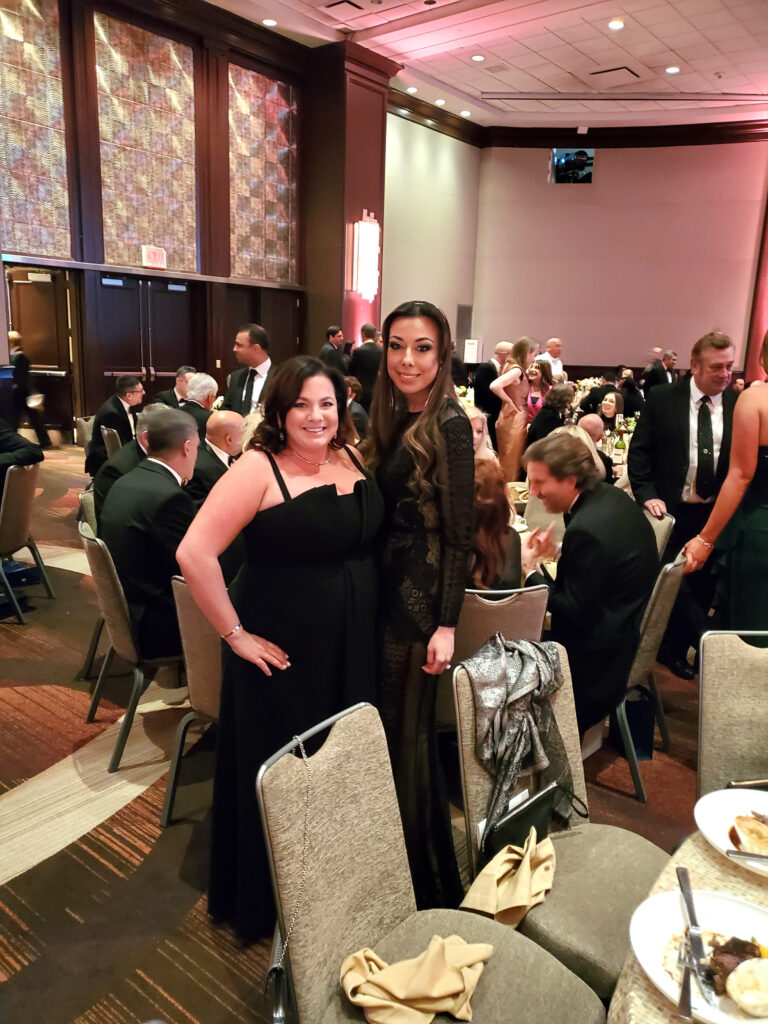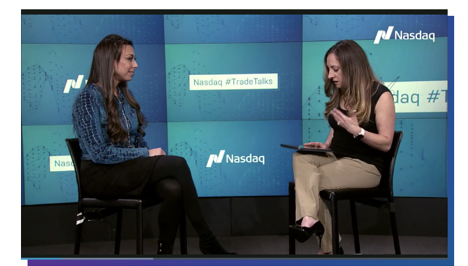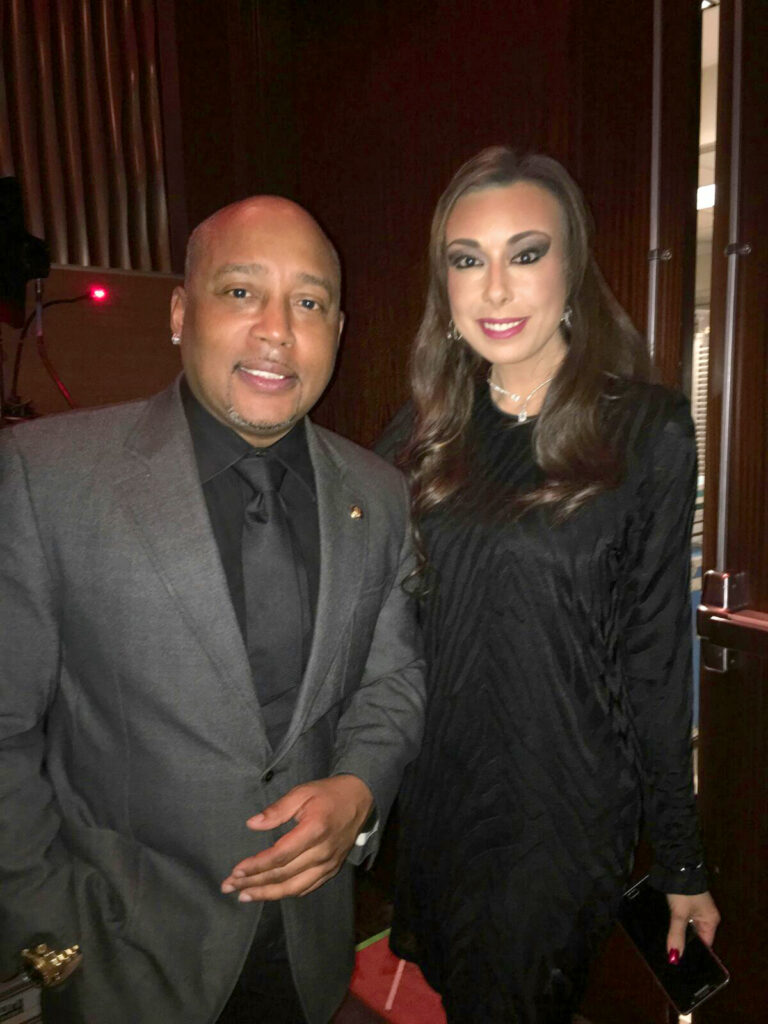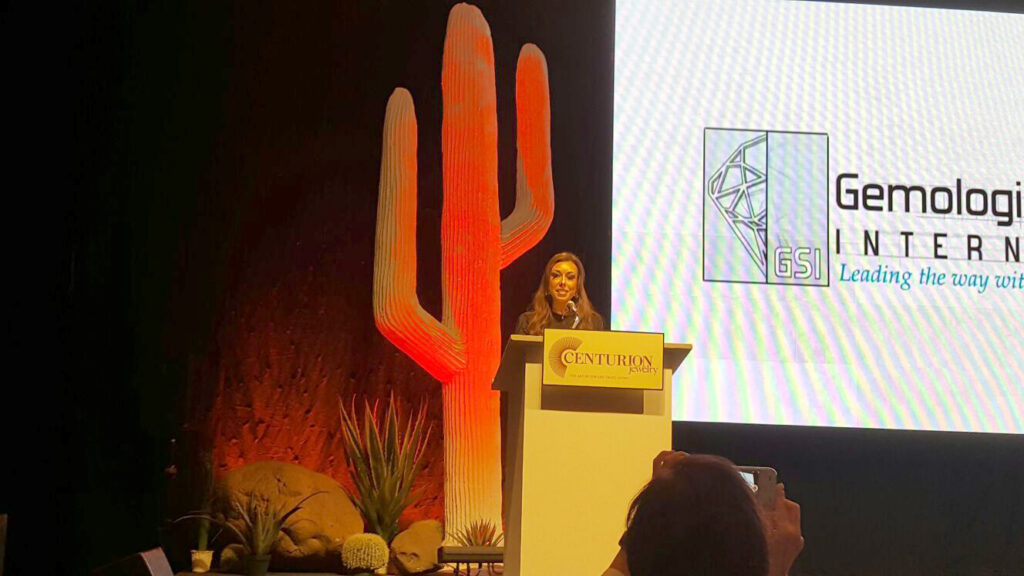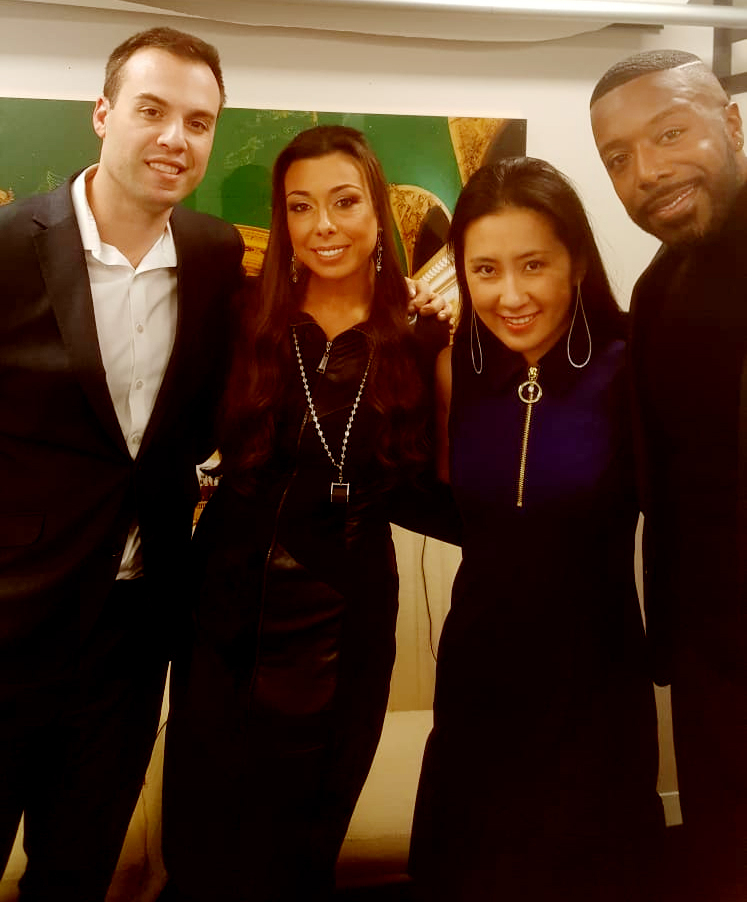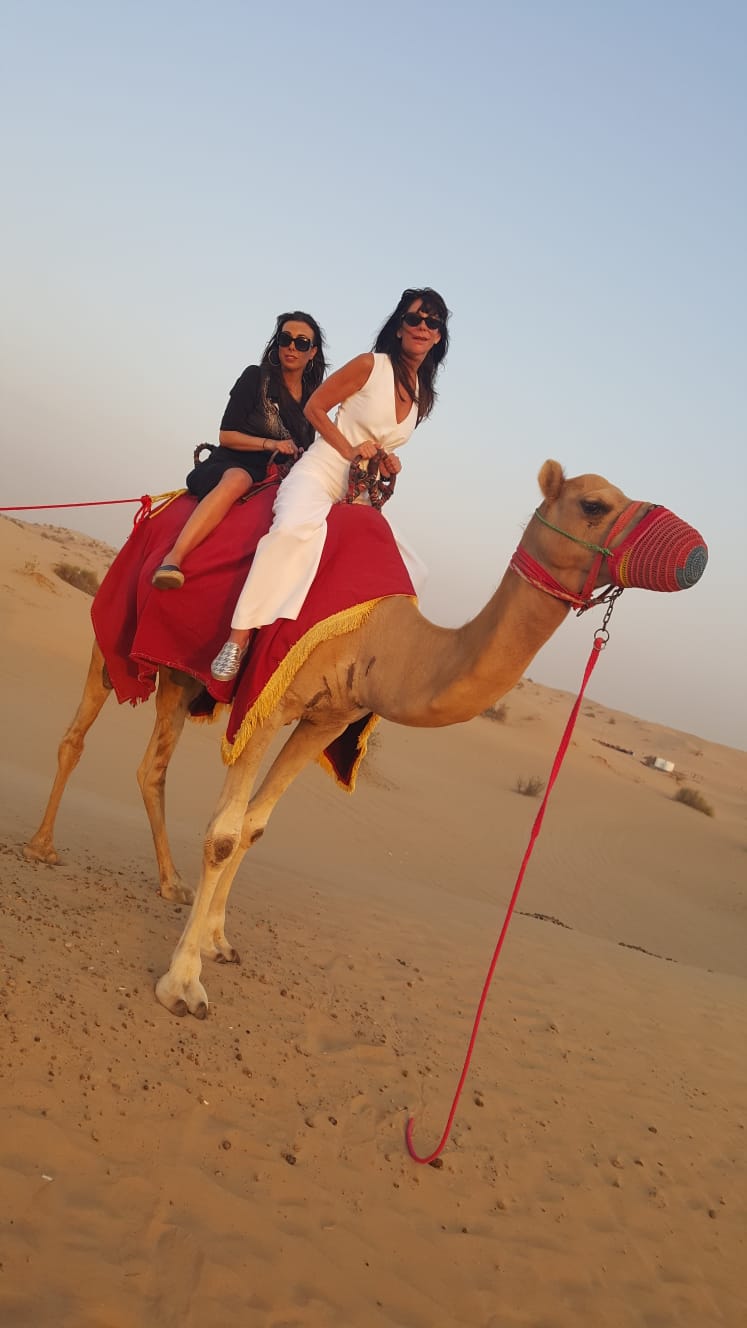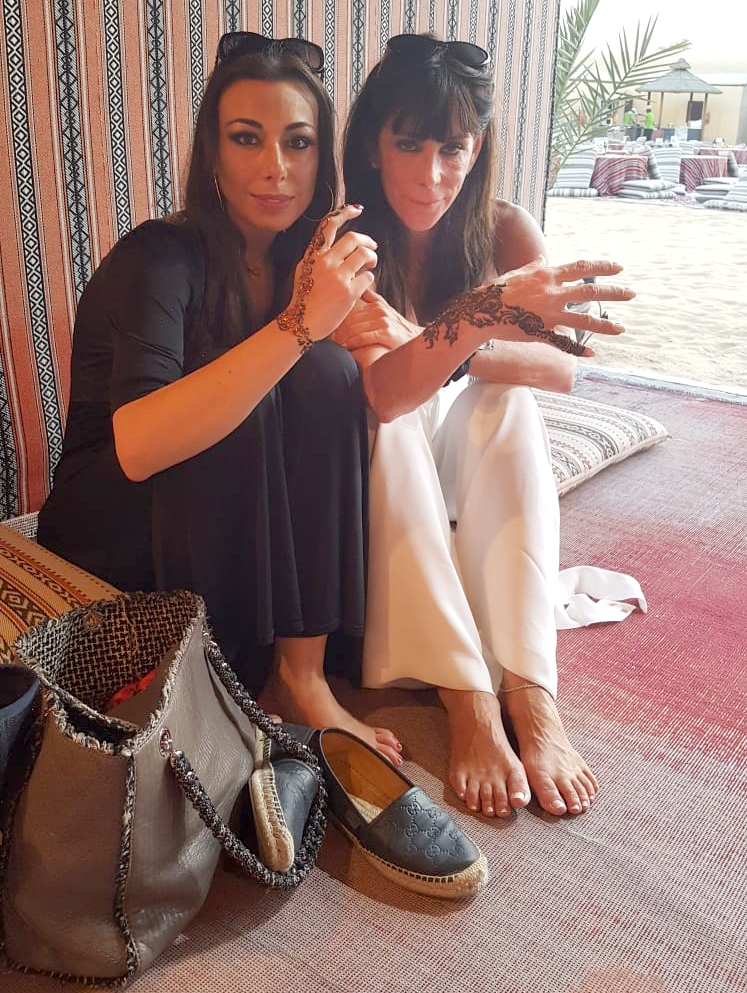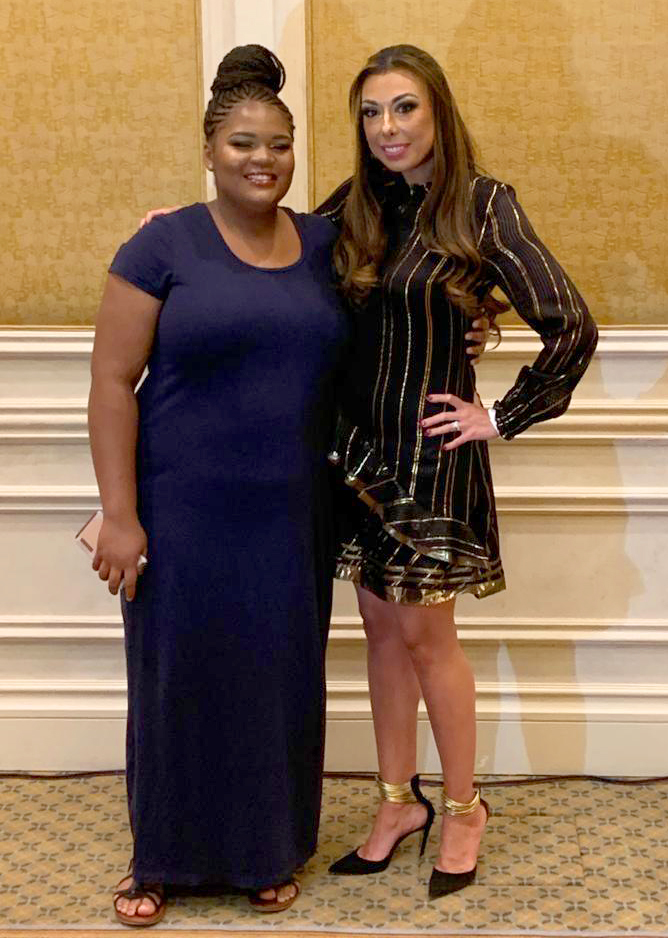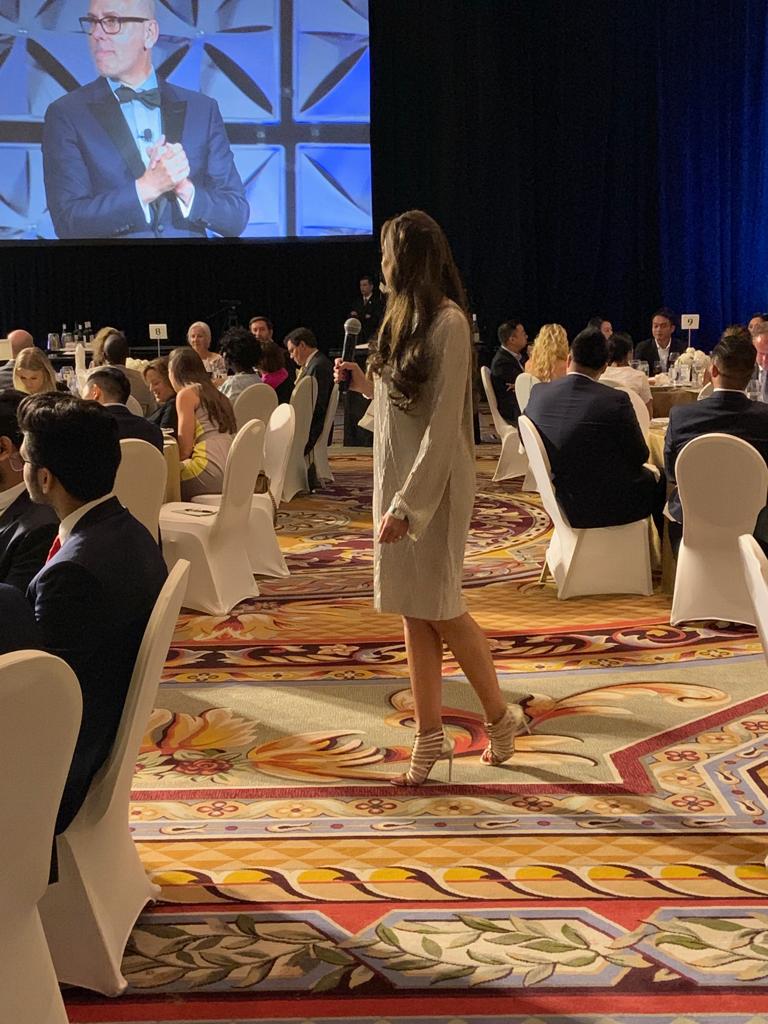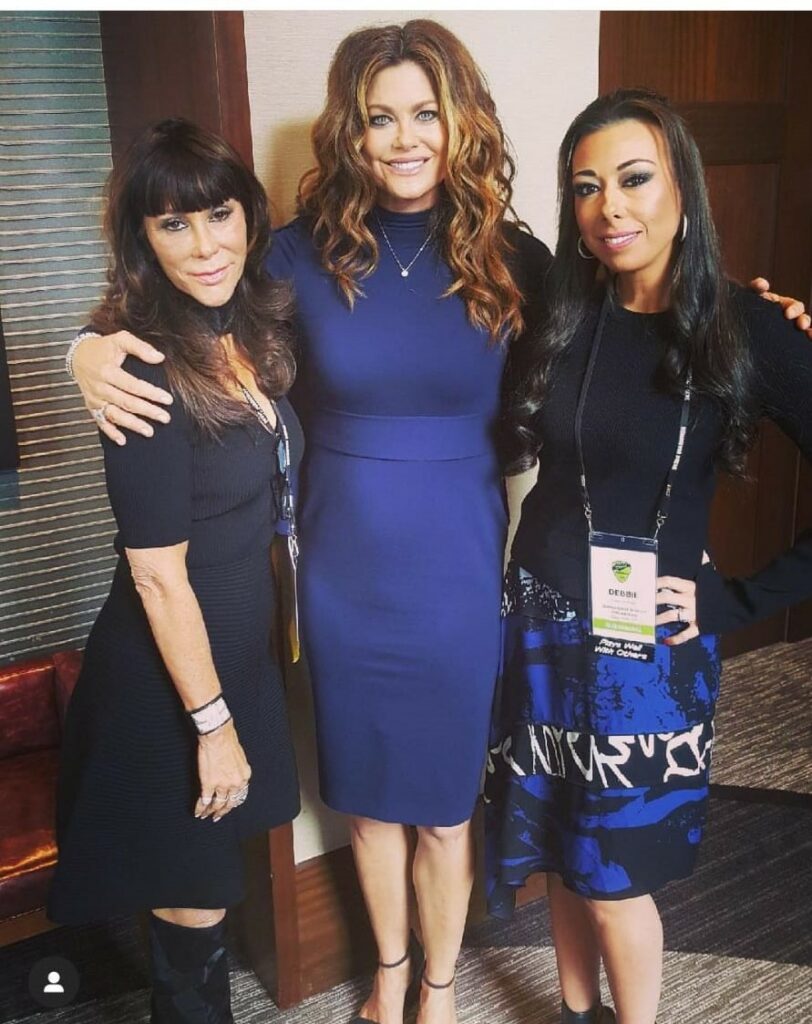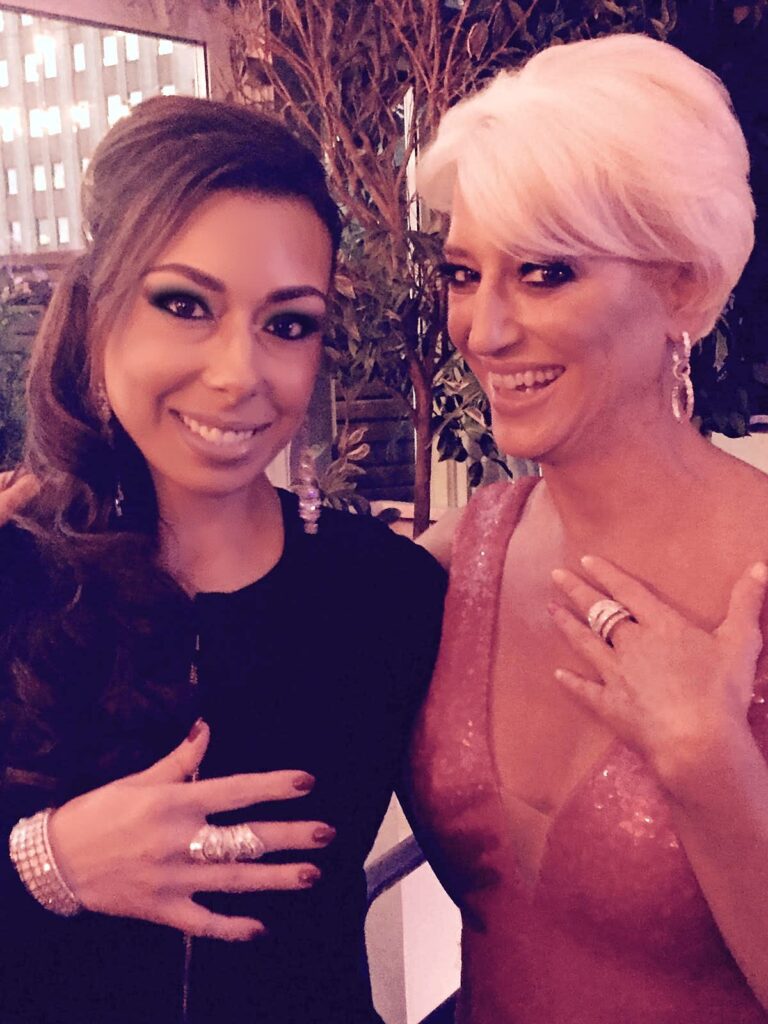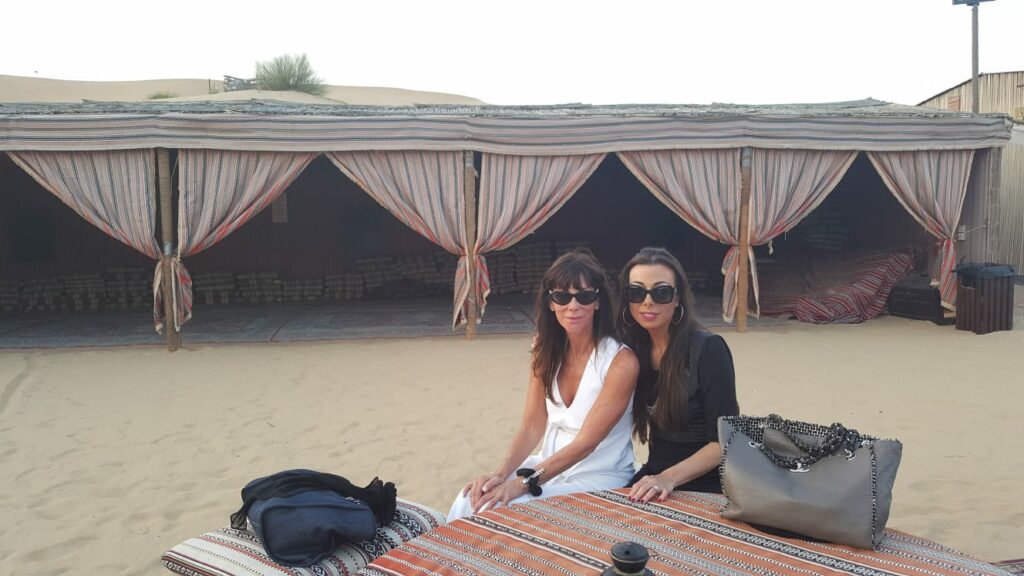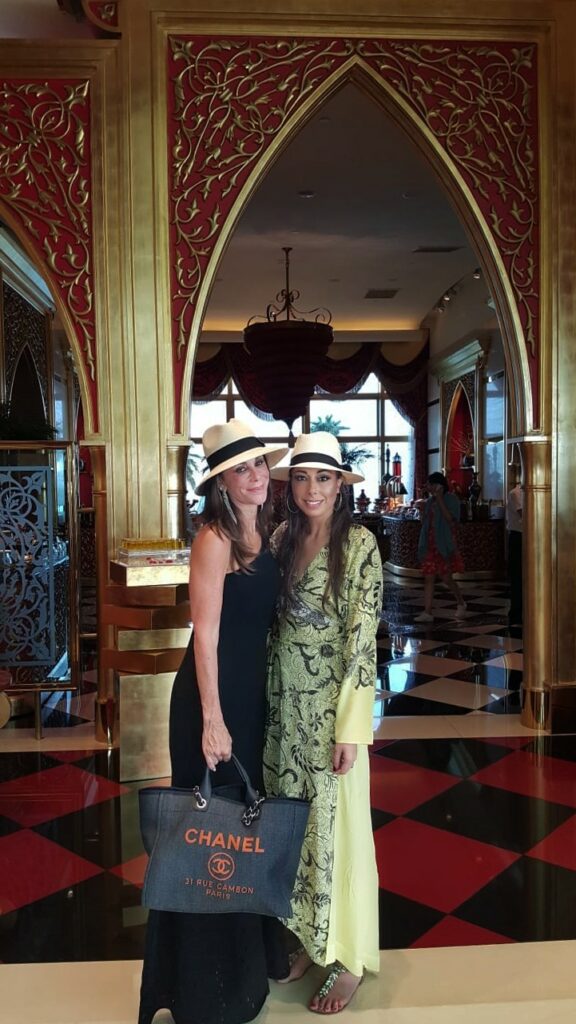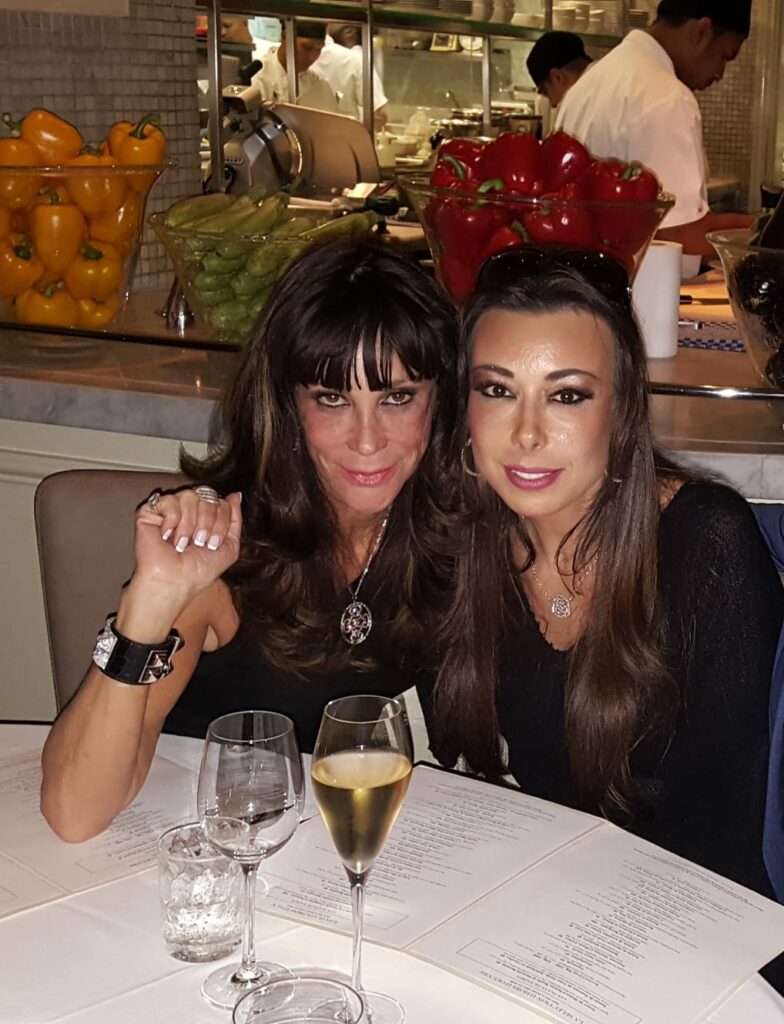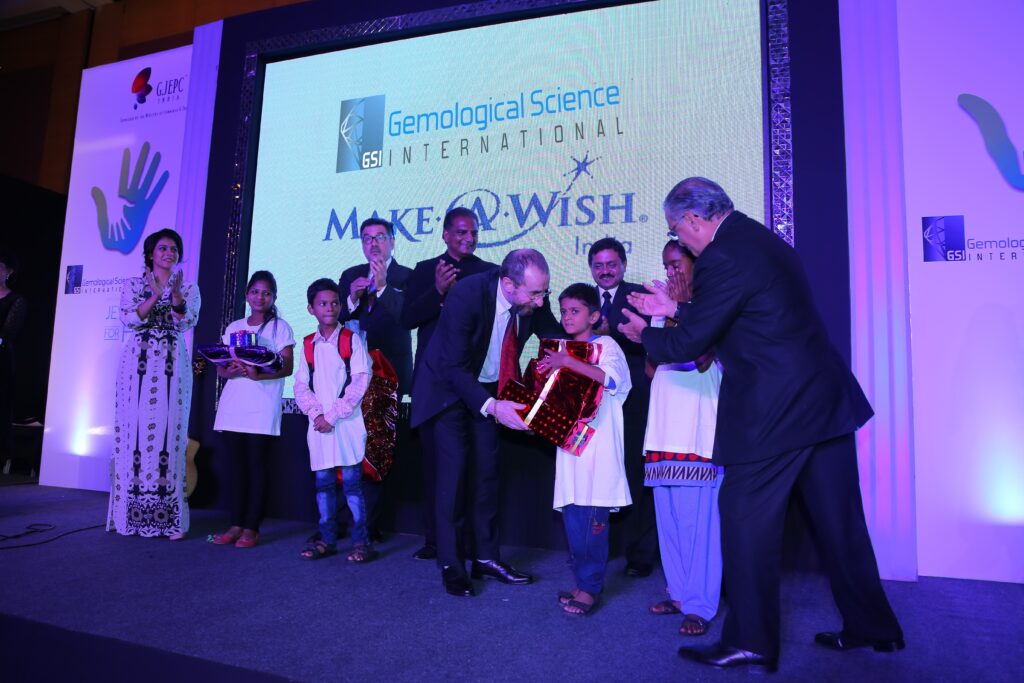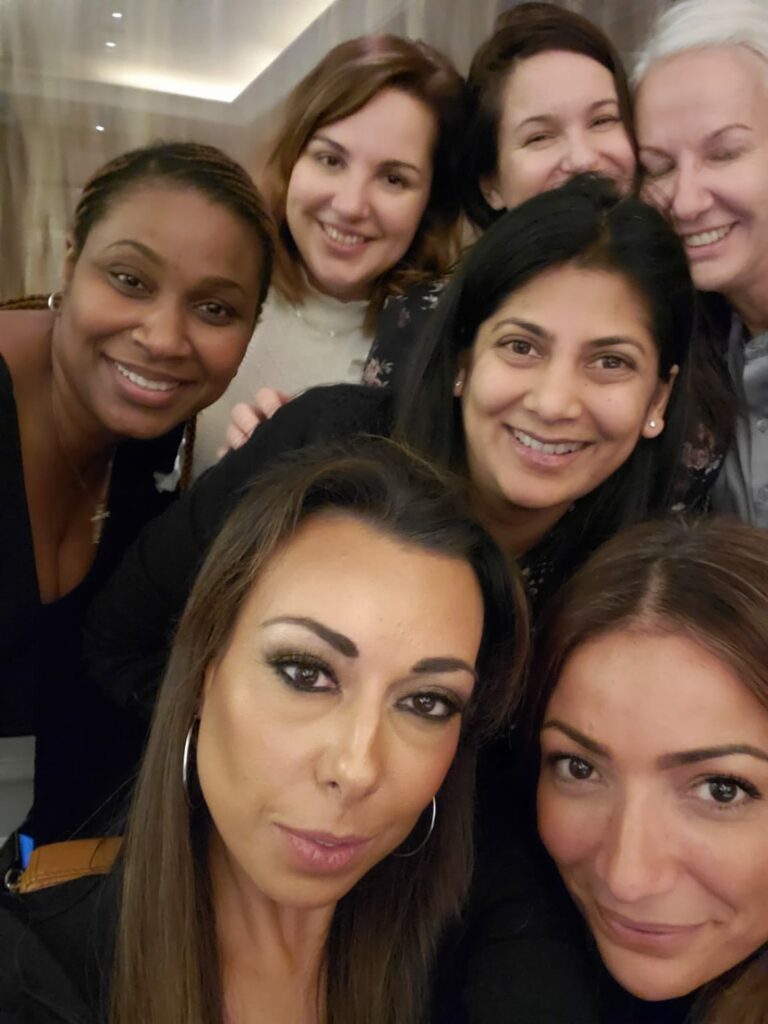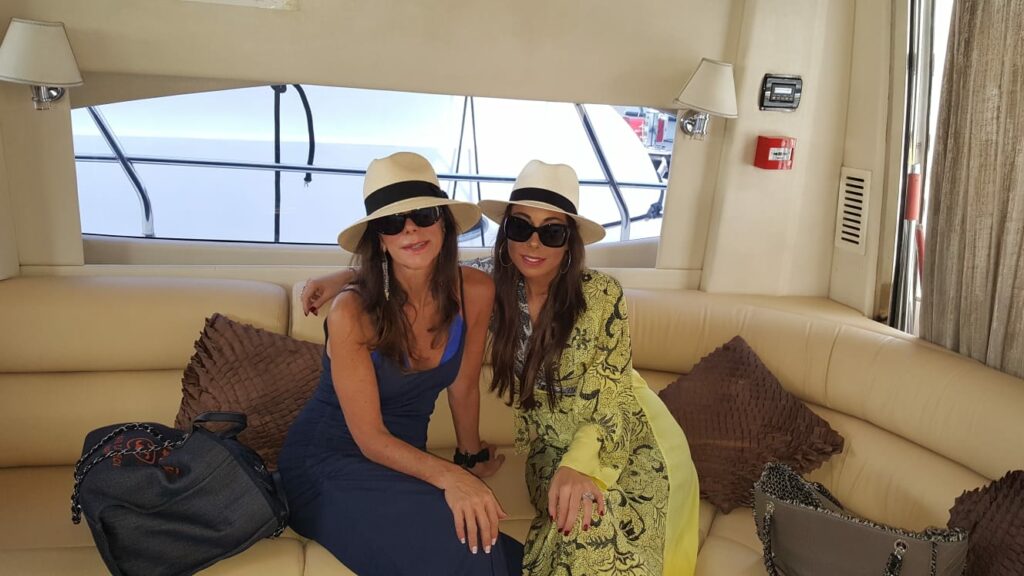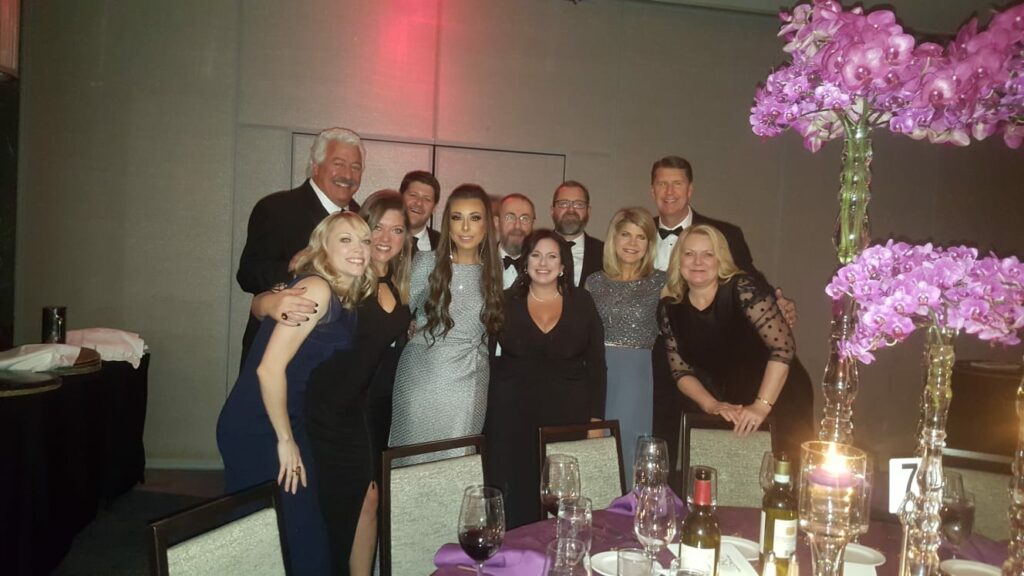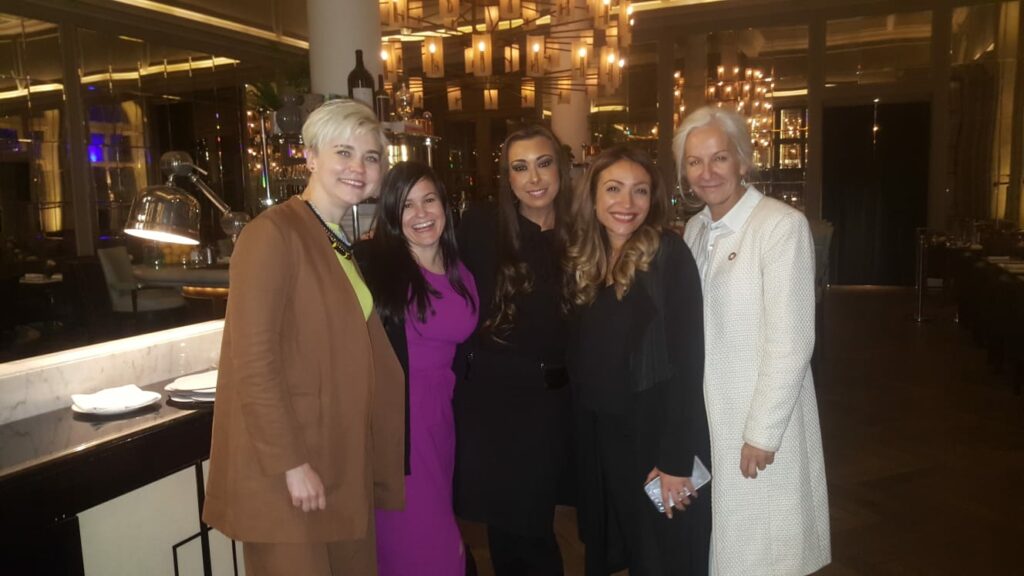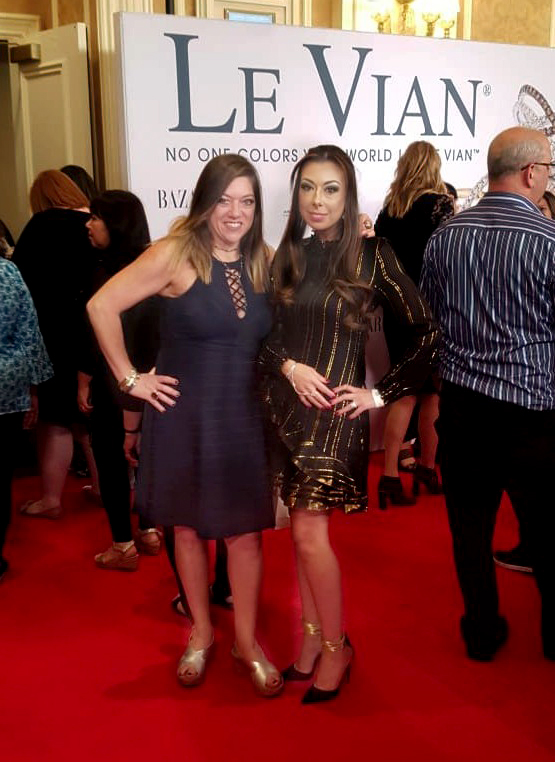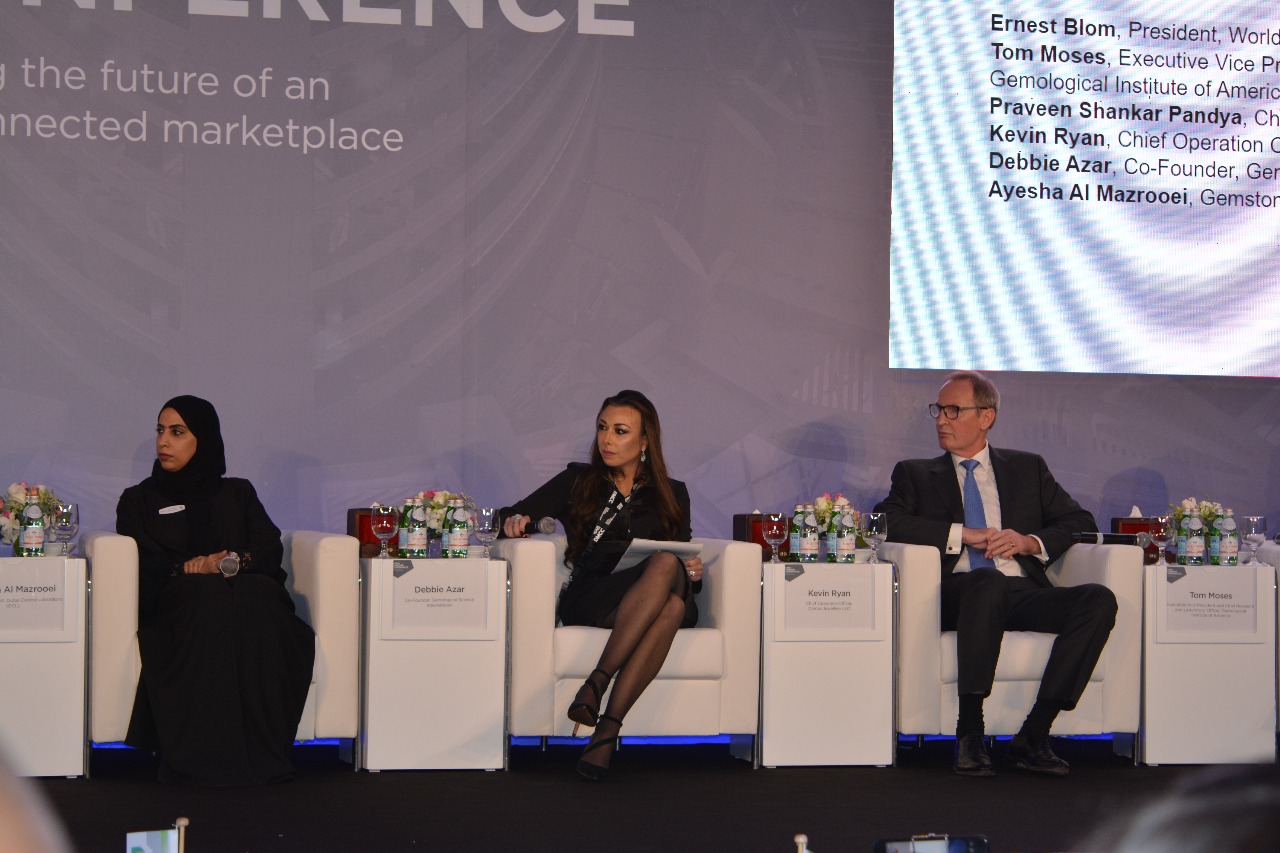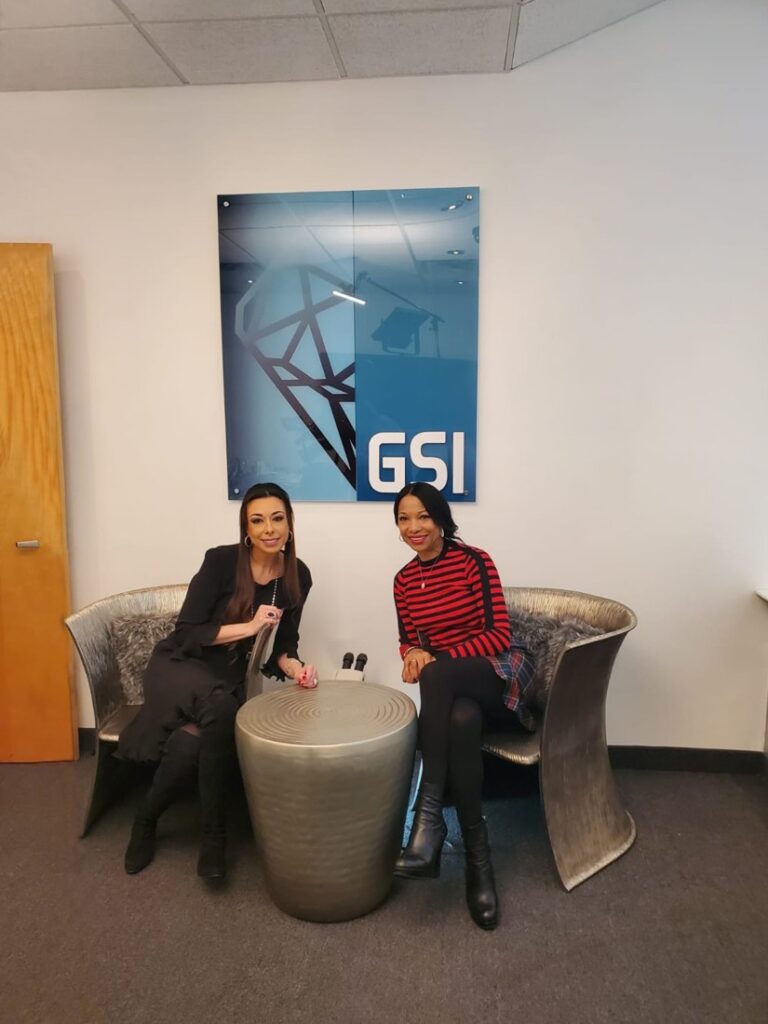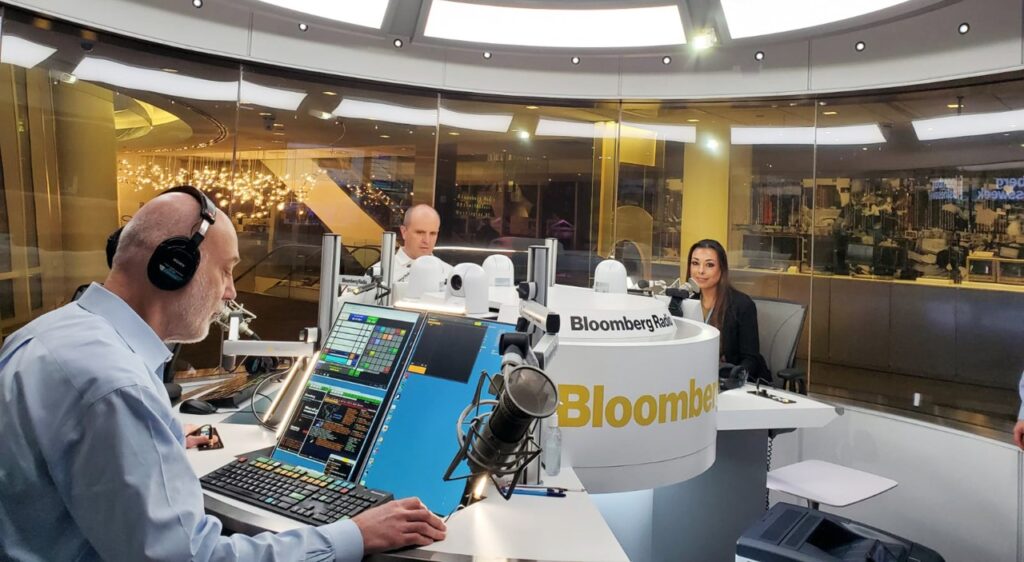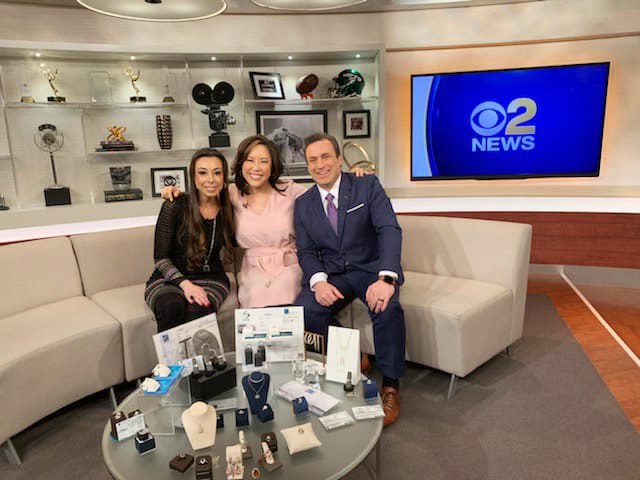How “Diamonds Do Good” by Transforming Lives
- By: Debbie Azar
- On:
- 0 Comment

Diamonds transform lives.
From sustaining entire countries to changing individual stories, the diamond industry has been doing good for decades.
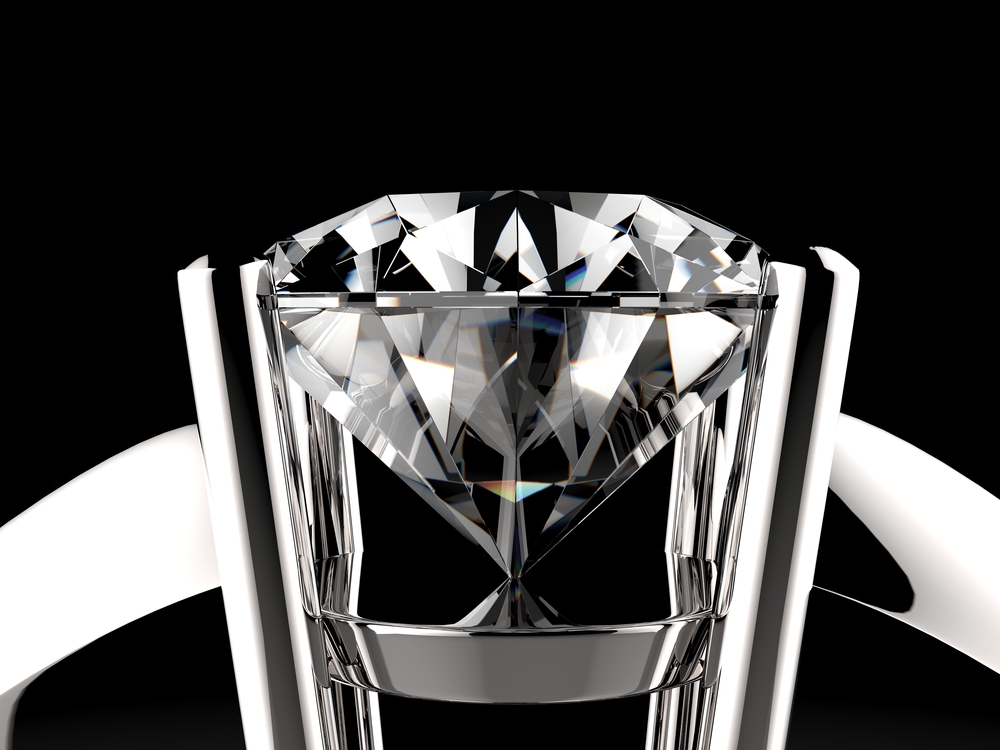
Mining diamond is a major source of revenue for many nations. Diamonds create 88 percent of Botswana’s revenue and 20 percent of its gross domestic product (GDP). Namibia’s diamond creates 48 percent of its export revenue and 21 percent of its GDP. Canada grosses nearly US$1.7 billion per annum from exporting its diamonds, and the Yakutia region of northeast Russia receives over $1 billion in taxes from ALROSA.
Aside from mining, many nations benefit from polishing and manufacturing jewelry. India, the world’s largest cutting and polishing center for diamond gains around 7 percent of its GDP and 15 percent of its total export revenue from the gem and jewelry sector. Thailand, a top ten center for manufacturing high-quality gems, generates almost 5 percent of its export revenue from the jewelry industry, which also employs close to 80,000 people. Other notable countries are Taiwan and Vietnam. In 2017, Vietnam’s annual demand for jewelry rose to 7% or an equivalent of 16.5 tonnes. While Taiwan’s Jewelry and Gem Fair is one of the most visited trade shows in the world. In 2019, the international trade show generated over $20 million dollars.
Diamond exporting countries in Africa fare better than their fellow nations. Namibia, for example, has been able to grow its health sector thanks to the revenue from diamond exportation. The country currently has 3 nurses per 1,000 citizens, a figure that exceeds many African countries and a few European regions. Botswana is another nation that has greatly developed thanks to diamonds. Since discovering diamonds in 1967, the country has been able to cut its poverty rate in half while growing at a rapid 8% per annum. The number of secondary schools has multiplied from just 3 in 1966 to more than 300 today.
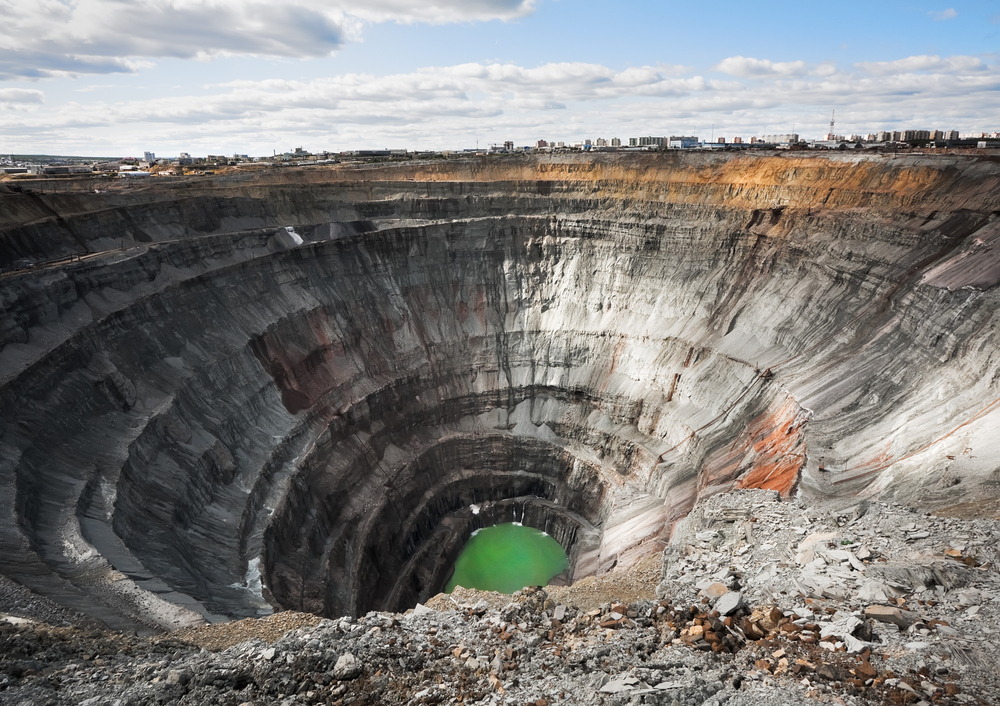
The impact of the diamond industry goes beyond the revenue it generates. Each year, the international diamond industry contributes over $6.8 billion to surrounding communities via sourcing of local goods and services. In addition, Diamond companies fund a number of projects and initiatives that train and mentor the locals in residing communities. The Zimele initiative, for example, was created by De Beers group to sponsor and train individuals across various industries and businesses in South Africa. So far, the Zimele initiative has created 3,054 jobs and 262 enterprises in the country.
Diamond funded charities have also been changing lives around the world. Through the help of the international diamond industry, many charities are able to increase their outreach and help even more people. Here are 6 organizations and charities that shine a light on the positive impact of the diamond industry.
6 Organizations Changing Lives through Diamonds
Jewelers For Children (JFC)
Jewelers for Children is a charitable organization created in 1999 by members of the U.S. jewelry industry. The charity’s focus is to help children in need by uniting the efforts of members of the jewelry community. Through the generous donations of jewelry manufacturers, retailers, professionals, and consumers, JFC has donated nearly $57 million to programs benefiting children whose lives have been affected by illness, abuse, or neglect.
To accomplish its mission, JFC partners with various charity and non-charity organizations. Major partners include the St. Jude Children’s Research Hospital®, the Make-A-Wish® America and Make-A-Wish® International, the Elizabeth Glaser Pediatric AIDS Foundation, and the National CASA Association. Thanks to these partnerships, JFC has granted wishes to more than 1,940 kids in the U.S. and 12,000 kids in India. JFC also assists over 53,000 children in foster care and supports health programs and charities such as Autism speaks the American Red Cross and the Starlight Children’s Foundation.

The National CASA Association
Court Appointed Special Advocates (CASA) is an association in the United States that assists the court in placing abused and neglected kids in a safe and healthy environment.
The association was created in 1997 by David Soukoup, a Seattle Supreme Court Judge, who was overwhelmed with making every decision on behalf of the neglected children that appeared in his court. Soukoup asked for volunteers to be assigned to cases and speak in the interest of each child. Fifty people signed up, and CASA was formed. The association has since grown from 50 to 85,000 advocates in over 1,000 state and local offices in the 49 U.S States and the District of Columbia.
CASA’s mission is to provide a safe and permanent home for children who have experienced abuse or neglect. They do this by training volunteers who are assigned to a business that helps a child and represents the child’s best interest in court. Through CASA, more than 250,000 children are assisted each year. CASA’s largest donor is the JFC, contributing over $10.9 million to the organization since 2003. Funds from the JFC have allowed CASA to train more than 17,000 new volunteers and help nearly 55,000 children.
Touch a Life Foundation
The Touch a Life Foundation is committed to bringing quality education to children in India. Founded in 2015 by Naresh Surana, a diamond industry veteran, Touch a Life recognized a need in India. With some of the poorest youths in the world, most Indian children drop out of school after the 8th grade when the government stops providing free textbooks.
Thanks to the help of companies – such as Chow Tai Fook Jewellery Group – Touch a Life Foundation has been able to provide quality educational programs that allow Indian children to complete their secondary education. In 2019, Touch a Life Foundation launched its first corporate program – Books for Change. The program which brings essential educational materials to children in rural and tribal India has been hugely successful. So far, the Books for Change Program has provided 26,00 books to 3,400 students across 31 schools.
Diamond Empowerment Fund (DEF)

The Diamond Empowerment Fund (DEF) is a global nonprofit organization whose mission is to support schemes that empower people in diamond communities around the world.
Supported by the international diamond industry, the DEF collaborates with charities and organizations to fund programs that foster growth in education, entrepreneurship, and STEM. Charities funded by the DEF include Sentebale, Mandela Institute for Development Studies (MINDS), Botswana Top Achievers, and more. In 2019, the DEF allocated grants of over $470,000 to nine beneficiaries across three continents. The grants will be used to support girls’ education, entrepreneurship, and youth empowerment.
Sentebale
Sentebale is a non-profit organization established in 2006 to support the health and wellbeing of children and youth living with HIV. Created by Prince Harry and Prince Seeiso, the organization operates in Lesotho and Botswana, two nations with the HIV prevalence rates in the world.
Sentebale collaborates with other organizations to create programs that support children whose lives have been directly or indirectly affected by HIV. Their Let Youth Lead advocacy program gives young people living with HIV a platform to express the challenges they face with the disease. The program has been successful in educating other youths and ending the stigma of HIV/AIDS. Living With HIV is another thriving program created by Sentebale which provides psychological support to children and adolescents with the disease. Through the program, children with HIV can come to terms with their status and learn the essential skills they need to help them live a productive and healthy life. Sentebale is supported by the Diamond Empowerment Fund (DEF).
St. Jude Children’s Research Hospital
St. Jude Children’s Research Hospital is a nonprofit medical corporation that serves as a treatment and research facility for children with life-threatening diseases. Founded in 1962, St. Jude has profoundly transformed pediatric medicine particularly in the treatment of cancer. Since its establishment, the survival rate for terminal diseases such as acute lymphoblastic leukemia has skyrocketed from 4 percent in 1962 to 94 percent today. While the overall survival rate for childhood cancer has increased from 20 percent to 80 percent. St. Jude is completely free to patients from the United States and around the world.
St. Jude is heavily supported by the diamond industry. Kay Jewelers – the world’s largest diamond jewelry retailer – established a relationship with the hospital in 1999, and has since donated more than $60 million to St. Jude. The funds have been used to improve various sections of the hospital and most notably build the Kay Kafe, St. Jude’s only cafeteria where patients and their families can relax away from the treatment areas. Jewelers for Children (JFC) is also another big supporter of St. Jude and has contributed $13 million to the hospital since joining its cause.
Conclusion
Without the revenue from diamonds, many communities would not have access to healthcare, good roads, education, stable employment, and infrastructure. Members of the jewelry community also show their support by donating money, time, and knowledge to charities. The diamond industry has been giving back for years and will continue to do so for decades to come.
Sources:
https://jewelersforchildren.org
https://www.responsiblejewellery.com
About The Author
 Debbie Azar is the Co-Founder and President of Gemological Science International (GSI), one of the largest gemological organizations in the world, and a distinguished leader in the global diamond and jewelry industry. As an executive with extensive knowledge of the jewelry and gem lab industries, her entrepreneurial skills and vision have helped GSI achieve rapid and continuous growth worldwide, establishing 13 leading-edge gemological facilities on four continents. She currently serves on the boards of the Jewelers Vigilance Committee, Responsible Jewellery Council, and Jewelers for Children, and is a member of the 24 Karat Club of New York. She has been featured in Forbes, Daily Mail, Good Morning America, Bloomberg, Bloomberg Businessweek, Fox Business, Fox5, CBS2, BOLDTV, Varney&Co, The Street, and NASDAQ, among others.
Debbie Azar is the Co-Founder and President of Gemological Science International (GSI), one of the largest gemological organizations in the world, and a distinguished leader in the global diamond and jewelry industry. As an executive with extensive knowledge of the jewelry and gem lab industries, her entrepreneurial skills and vision have helped GSI achieve rapid and continuous growth worldwide, establishing 13 leading-edge gemological facilities on four continents. She currently serves on the boards of the Jewelers Vigilance Committee, Responsible Jewellery Council, and Jewelers for Children, and is a member of the 24 Karat Club of New York. She has been featured in Forbes, Daily Mail, Good Morning America, Bloomberg, Bloomberg Businessweek, Fox Business, Fox5, CBS2, BOLDTV, Varney&Co, The Street, and NASDAQ, among others.
